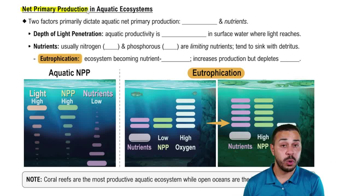What is the primary difference between the innate and adaptive immune responses?
a. The innate immune response does not distinguish between pathogens, while the adaptive immune response does.
b. Only the innate immune response is activated by antigens.
c. The adaptive immune response generates immunological memory and is more specific than the innate immune response.
d. The innate immune response does not kill cells; the adaptive immune response does.





